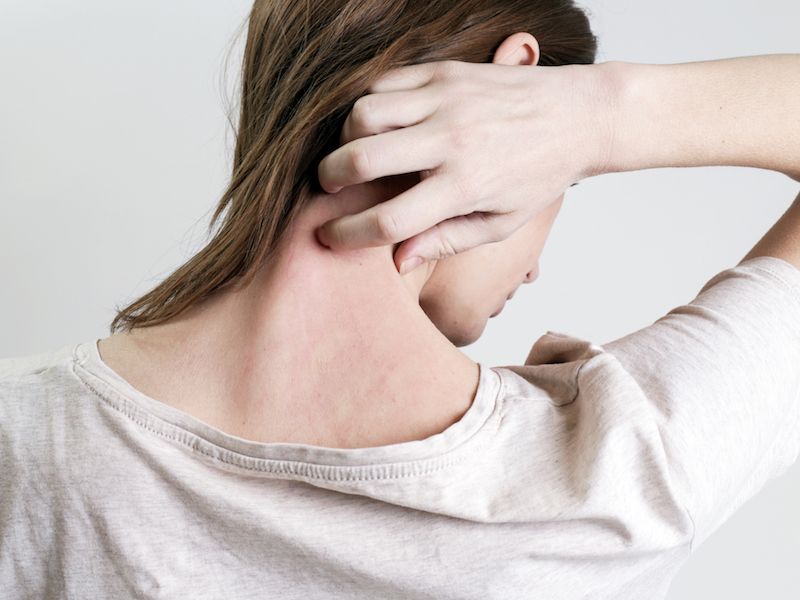
When you think about psoriasis, you likely think about all those commercials showing people with skin problems. Psoriasis affects your general health and not only your skin. Psoriasis is frequently misunderstood and minimized, due to a lack of knowledge of how psoriasis impacts sufferers as well as the serious conditions that can be related to this disorder. Psoriasis causes responses through the whole body although skin plaques are the most familiar symptom: Continuous inflammation that can increase the risk of metabolic disorders and cardiovascular disease.
Psoriasis is also linked to another concern according to a different recent study: Hearing loss. Published in The Journal of Rheumatology, The link between mental health, hearing impairment, and psoriatic arthritis were looked at in this study. Psoriatic arthritis has an influence on the joints, and is a kind of psoriasis, causing discomfort, inflammation, and difficulty with movement. Sufferers may also have psoriasis, but with psoriatic arthritis, it’s possible to have irritation without also experiencing the common plaques.
When someone has psoriatic arthritis, the body is basically targeting its own healthy cells like it does with rheumatoid arthritis because they are all autoimmune illnesses. But psoriatic arthritis differs from rheumatoid arthritis in that it’s frequently asymmetrical (so you could have it in one knee but not the other), and it doesn’t only affect joints but leads to painfully swollen toes and fingers while it targets sufferer’s nails and eyes.
Based on the findings of this recent study, hearing could also be affected by psoriatic arthritis. The study contrasted the self-reported hearing loss of individuals who suffer from psoriatic arthritis, people who suffer from psoriasis but not psoriatic arthritis, and a significant control group of people with neither condition. They discovered that loss of hearing was more likely to be reported by the group that had psoriasis, and those reports were backed by audiometric testing. Even when controlling for other risk factors, psoriatic arthritis sufferers were significantly more prone to have hearing loss than either {the control group or psoriasis sufferers}.
But there is an evident link between psoriasis, psoriatic arthritis and loss of hearing. A 2015 study discovered that individuals who have been diagnosed with psoriasis are at a significantly higher risk of developing sudden sensorineural hearing loss, or sudden deafness. With sudden sensorineural hearing loss, sufferer’s ability to hear decreases considerably in three days or less. There are various likely causes for this, but experts believe that sudden psoriasis flare-ups could be the cause. If this happens in or around the cochlea, it might impede hearing. In some cases, treatments that help psoriasis symptoms could be used to deal with this kind of hearing loss, but hearing aids are often recommended when sudden deafness does not respond to other treatments.
If you suffer from psoriatic arthritis or psoriasis, it’s worthwhile to monitor your hearing. Plan regular hearing tests along with your yearly health-care checkups. The inflammation due to these diseases can lead to damage of the inner ear, which can result in loss of balance and psoriatic arthritis. There are also links between psoriatic arthritis and psoriasis, depression and anxiety, which can both exacerbate hearing loss. Hearing loss is something you want to detect early because untreated loss of hearing can result in other health concerns like dementia.
Awareness is key, and working with your doctors and frequently having your hearing tested can assist you in keeping in front of symptoms with early intervention. You shouldn’t have to compromise your standard of living for psoriasis or for hearing loss, and having the correct team on your side can make a big difference.